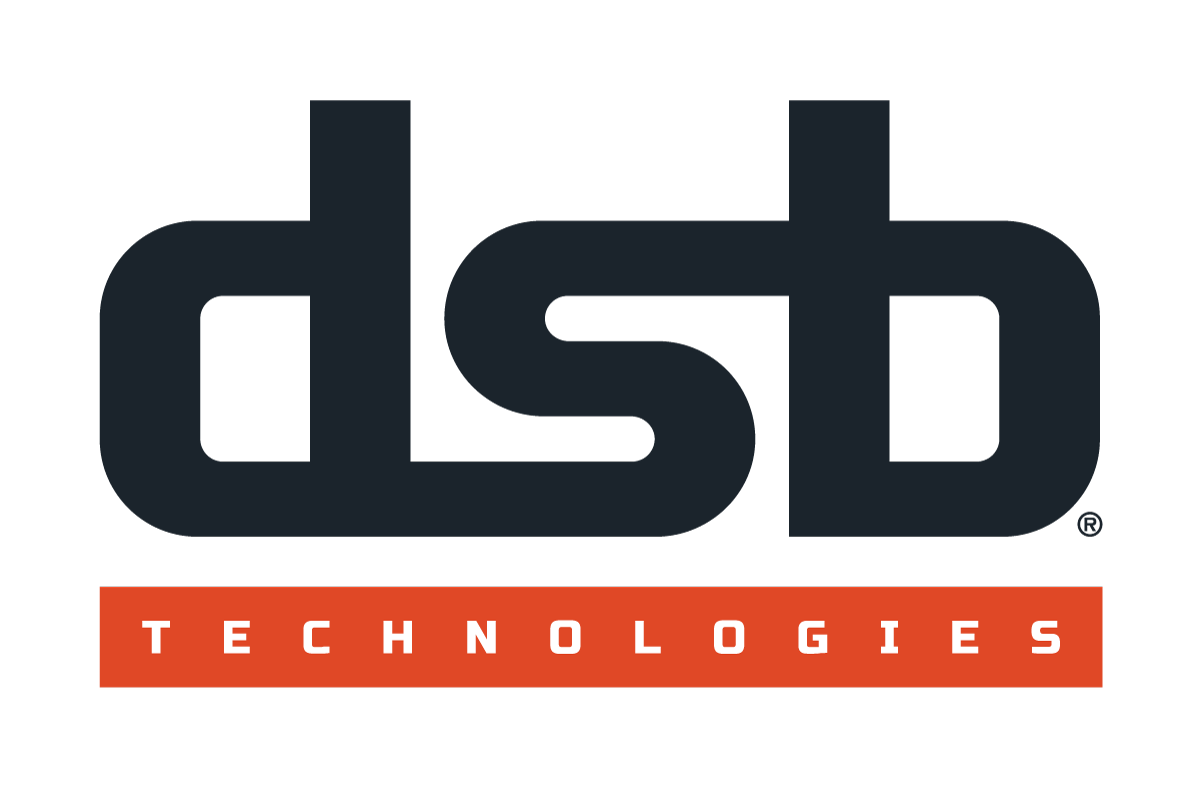Overview
If you will have out-of-pocket health and/or dependent care expenses, it may benefit you to take advantage of the Health Savings Account (HSA), a Health Care Flexible Spending Account (HCFSA), Limited Purpose Flexible Spending Account (LPFSA) and/or Dependent Care Flexible Spending Account (DCFSA) plans made available to you by DSB Technologies through Employee Benefit Corporation (EBC). These savings accounts can help you plan, budget and save on the cost of what you pay for healthcare.
Health Savings Account
What is a Health Savings Account?
An HSA is an individual account used in conjunction with a High Deductible Health Plan to cover out-of-pocket qualified medical expenses on a tax-advantaged basis. Your HSA belongs entirely to you and can be used to pay for both current and future qualified medical expenses for you and your eligible dependents. You can contribute to your account, withdraw contributions to pay for current qualified medical expenses, and potentially grow your account on a tax-free basis by investing your savings in a wide array of investment options. To find out if you can contribute to as HSA watch this short video below:
2023 Health Savings Account (HSA) – IRS Annual Limits (Employer + Employee):
- Employee Only – $3,850
- Employee plus Spouse/Dependents – $7,750
- Employees Age 55 or Older – can contribute an additional $1,000
In 2023, DSB Technologies will be contributing $500 single, $750 EE+1, and $1,000 family to your HSA.
You must be enrolled in a high deductible health plan (HDHP) in order to establish and contribute to an HSA, and you cannot have any disqualifying health coverage.
- You must not be covered in any other non-high deductible health plan (HDHP) including that of a spouse
- You must not enroll in Medicare
- You must not be claimed as a dependent for tax purposes
DSB Technologies partners with Fidelity for your HSA. To enroll, complete the steps in ADP.
Health Care Flexible Spending Account (HCFSA)
What is a Health Care Flexible Spending Account?
Watch this brief informational video and review the information below to learn more!
The health care flexible spending account through Employee Benefit Corporation (EBC) offers you a great way to save money. If you enroll in the health care flexible spending account, EBC will automatically send a FSA debit card to your home. This account allows you to set aside pre-tax money from each paycheck to pay for eligible out-of-pocket health care expenses you and your dependents incur throughout the plan year. You may participate in this account even if you or your dependents do not participate in the DSB Technologies medical, dental, and/or vision plans.
A health care FSA allows you to set aside pre-tax money through payroll deductions to use for certain expenses not paid by your medical/dental/vision plans. Common eligible medical expenses include:
- Deductibles, copayments, coinsurance
- Prescription drugs and medicines
- Over-the-counter medications which are medically necessary (doctor’s prescription required)
- Hearing aids, batteries, and exams
- Prosthetic, orthopedic, and orthotic devices
- Acupuncture, chiropractic, and physical therapy visits
- Vision care (exams, glasses, contacts, Lasik surgery)
- Dental care (including orthodontia)
2023 Health Care Flexible Spending Account (HCFSA) – IRS Annual Limit
- $3,050
Note: If you participate in DSB Technologies High Deductible Health Plan, you are not eligible to contribute to a Health Care FSA, but you can contribute to a Limited-Purpose Health Care FSA and Dependent Care FSA. If you contribute more than the amount of your actual eligible expenses, you give up the extra money (unlike the HSA). See Roll Over section below for more information.
Limited Purpose Flexible Spending Account (LPFSA)
What is a Limited Purpose Flexible Spending Account?
A LPFSA is a spending account, similar to a traditional flexible spending account, and can work in conjunction with the health savings account.
By establishing a LPFSA you can set aside pre-tax money to pay for eligible vision and dental expenses, while preserving your HSA funds for your medical expenses. You may contribute up to the annual maximum deferral as determined by the IRS.
If you enroll in the LPFSA, Employee Benefit Corporation (EBC) will automatically send an FSA debit card to your home. Use is limited to qualified locations for eligible products and services. Many eligible transactions can be auto substantiated at the point of service.
Similar to the traditional flexible spending account, if you contribute more than the amount of your actual eligible expenses, you give up the extra money (unlike the HSA). So it is best to estimate conservatively when deciding how much to contribute.
A Limited Purpose FSA allows you to set aside pre-tax money through payroll deductions to use for certain expenses not paid by your dental and/or vision plans. Common eligible medical expenses include:
- Vision expenses
- Dental services
If you participate in the DSB Technologies HSA, you may contribute to the Limited Purpose Flexible Spending Account.
IRS rules do not allow you to contribute to a health savings account (HSA) if you are covered by any non-qualifying health plan, including a general-purpose health FSA. By limiting FSA reimbursements to dental and vision care expenses, you (or your spouse) remain eligible to participate in both a limited-purpose FSA and an HSA. Participating in both plans allows you to maximize your savings and tax benefits.
2023 Limited Purpose Flexible Savings Account (HSA) – IRS Annual Limit
- $3,050
Dependent Care Flexible Spending Account (DCFSA)
You may set aside up to the annual maximum per household the IRS allows in the dependent care account to pay for certain child/day care, or elder care expenses incurred during the plan year. Your dependent care expenses must be necessary for you and your spouse to work or actively look for work or attend school as full-time student. Some eligible dependent care expenses.
- Childcare provided at a day care center or through a private provider
- Nanny services in the home associated with the care of a dependent
- Day camps associated with the care of a dependent
- Pre-school tuition which is day care related (price of tuition alone is not eligible)
- Annual registration fees for day care providers
- After-hours care which results from working odd hours or overtime
2023 Dependent Care Flexible Savings Account (DCFSA) – IRS Annual Limit
- $5,000
Dependent Care Flexible Spending Accounts have a “use it or lose it” rule meaning the IRS requires you to forfeit any unspent funds at the end of the plan year.
FSA Roll Over
It is important to plan your FSA expenses carefully. DSB Technologies allows a $610 carry over of leftover funds from the prior plan year. This roll over applies to the health care FSA and limited purpose FSA
Substantiation and Submission of Claims
If you incur eligible healthcare expenses which cannot be auto-substantiated and/or are declined via debit card, you will be required to submit claim forms to EBC for processing and reimbursement.

